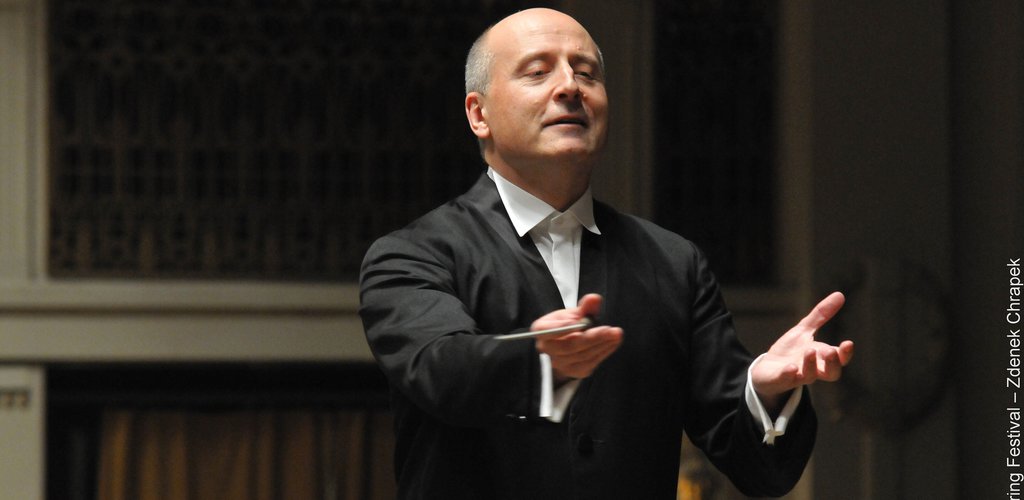Grammy Award-winning Estonian-American conductor Paavo Järvi continues to rack up international prizes: the International Classical Music Awards has named the Zurich Tonhalle-Orchester’s recording of Bruckner’s Symphony No. 8, with Järvi conducting, the winner of the symphony category. Paavo Järvi will be at Müpa Budapest on April 26, 27 and 29 to conduct the Budapest Festival Orchestra.
Júlia Váradi: Recently, you chose to highlight a phrase on social media that alluded to something a critic noted after one of your concerts with Tonhalle-Orchester: “Don’t be afraid, we are ….very friendly monsters,” you said, and seemed glad to take on this notion. But what does it mean? And, is there any connection between successes and being a friendly monster?
Paavo Järvi: We play as well and as honestly as possible. This makes us “friendly monsters.” What is important is that we don’t play music to receive awards, but because this is our life and our calling. In other words, I never look at a concert as something for which I will receive an important prize: each performance is a new stop on a process that I started a long time ago. It is this process, which always moves forward, which makes our musical development possible. And if people notice, appreciate and love this “progressive movement,” then that makes me very happy.
J. V.: The performance will kick off with Erkki-Sven Tüür’s overture-like piece. I know that he is a famous Estonian composer who founded a successful progressive rock band in the 1970s. What else is relevant for the audience to know about Tüür’s personality and his music? And why did you choose him?
P. J.: I think he is one of the best Estonian composers alive today. Once a well-known rock musician, Tüür has transformed into one of the most recognized and most interesting contemporary composers of today. He has a perfect sense for the musical expectations of our age. In the last over 30 years, I have felt his music grow increasingly close to me, and I am a devoted supporter and interpreter of his works. I felt that this concert will be a wonderful opportunity to introduce audiences in Budapest to his music.
J. V.: How does Schumann’s Symphony in B major match such thoroughly modern music? Good pieces of music, no matter in what period they were composed, fit well together, but there may be people who need help for them to bridge these two periods.
P. J.: Because the line-up represents three periods in the musical styles of the 19th and 20th century – that of Erkki-Sven Tüür; that of the romantic German and Alpine, Schumann; and finally that of the northern romantic modernist Sibelius – these pieces actually fit together very well. All three composers were defining musicians of their times, so they do form a good grouping.
J. V.: We know that Sibelius reworked his Symphony No. 5, his best-known piece in the genre, twice. What was the reason for that? What is the background to this heroic piece? And what is most important for you?
P. J.: Sibelius reworked a many of his pieces; the version of his fifth Symphony that we will be performing at Müpa Budapest is the final version. It is not unusual for composers to refine and rework their music in the hope of making it as close to perfect and as effective as possible. This may be one of Sibelius’s most powerful symphonies. He composed its first version after his second symphony, and it shows signs that the previous piece had an effect on it, with its completely unique musical language. We also know that some great composers of previous generations, like Bruckner and Tchaikovsky, had an impact on this symphony. Sibelius’s Symphony No. 5 is a real masterpiece!
